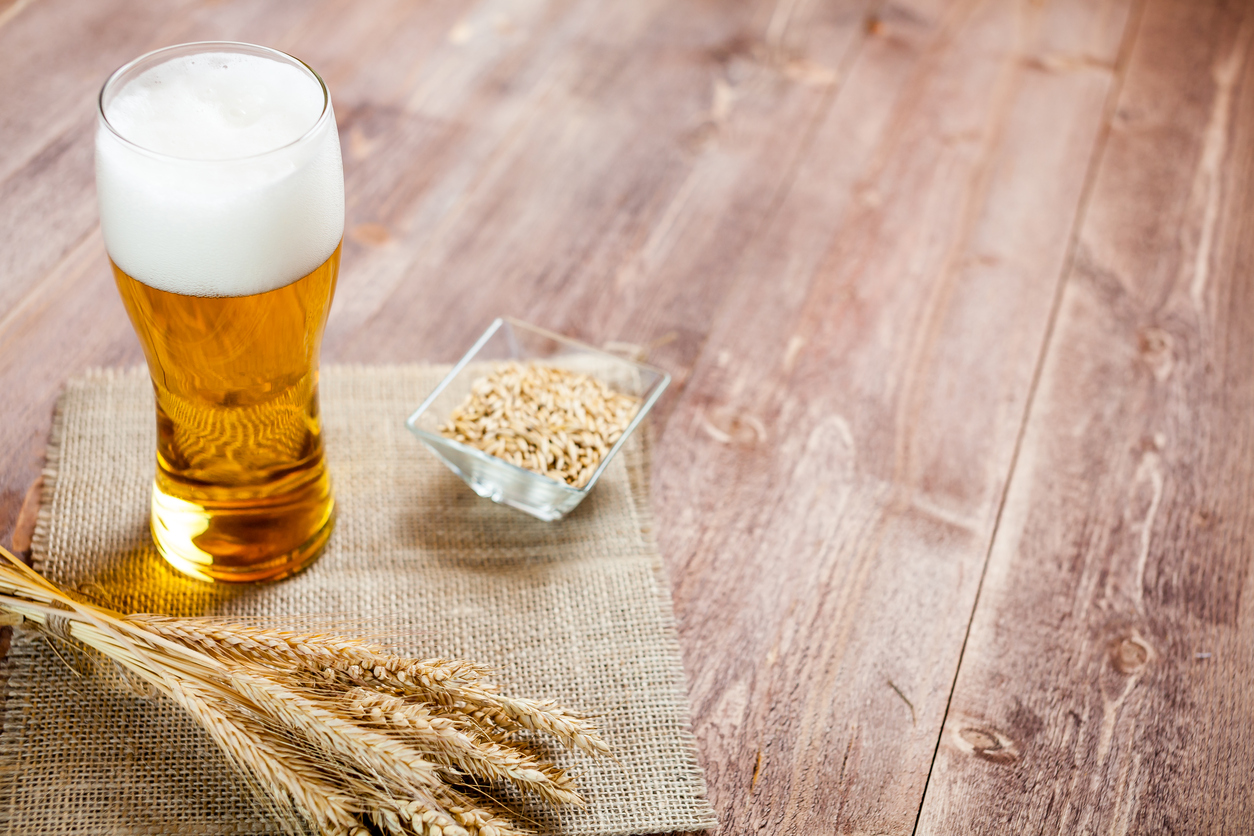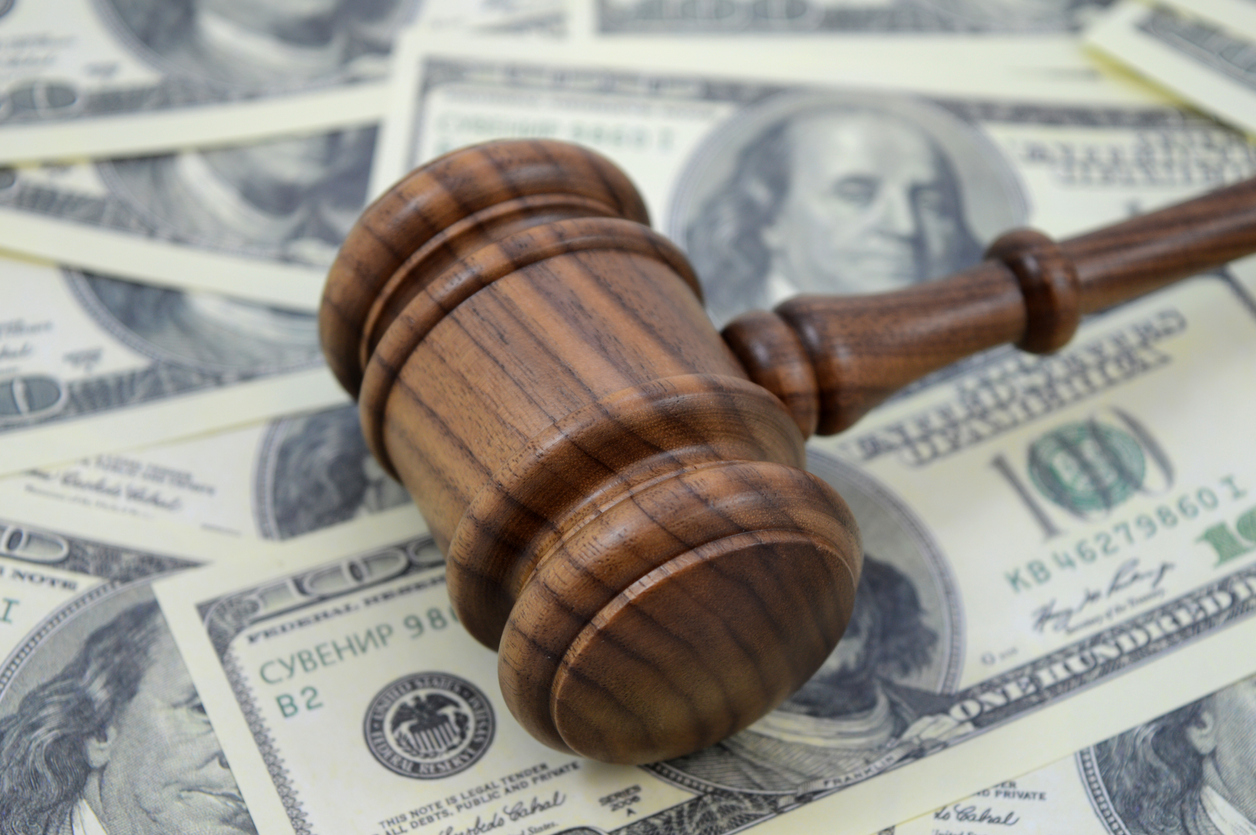
Global warming not only causes the earth’s temperature to rise, it may cause the cost of beer to rise around the world, according to a new study.
The study, published in the journal Nature Plants, indicated beer prices can be expected to double in “worst-case severe scenario” for rising heat and droughts as global warming impacts nearly every facet of living on this earth.
The study comes on the heels of a United Nations report that sent a clear message to the world: we have until 2030 to stop temperatures from rising past a key threshold.
So where does beer come into the picture? To start, beer is the most popular beverage amongst consumers of alcohol. Forty-three percent of Americans indicated beer is their favorite alcoholic beverage; followed by wine at 32 percent, and hard liquor at 20 percent.
Professor of climate change economics at University of East Anglia, Dabo Guan, a co-author of the study, said beer drinkers have the ability to help stop global warming if they want to continue on their imbibing.
“The aim of the study is not to encourage people to drink more today,” he said. “If you don’t want that to happen — if you still want a few pints of beer — then the only way to do it is to mitigate climate change.”
Researchers took a look at 80 years of climate change models to gauge barley yields throughout the world. Changes in the yield, dependent upon rainfall and temperature, could drop anywhere from 3 percent to 17 percent.
In a worst-case scenario, this could cause beer prices to double worldwide. People would drink 16 percent less beer, which is equivalent to 29 billion litres less. In a less severe model, the price would only jump by 15 percent.
Different regions around the globe would be affected by these drops, which would have an impact on the prices and demand.
The study predicted certain regions, such as the northern parts of the United States and China, may “increase their exports to meet demand in other countries” instead of actually producing more beer.
Richard Ellis, professor from University of Reading in England, said barley yields in the United Kingdom this year were proof of climate change negatively affecting crops. Though Ellis was not involved in the study, he said, “For beer drinkers, this (study) converts an abstract concept…into the more real future price of beer.”





